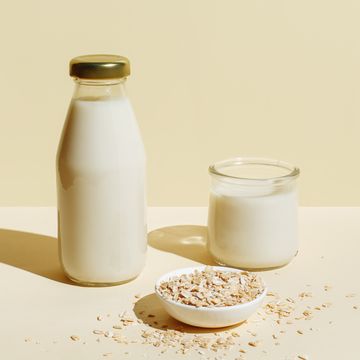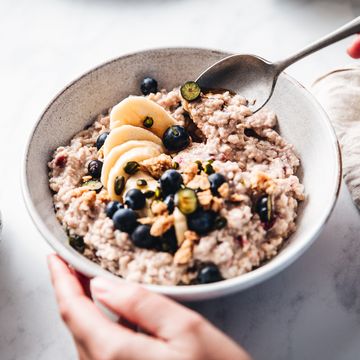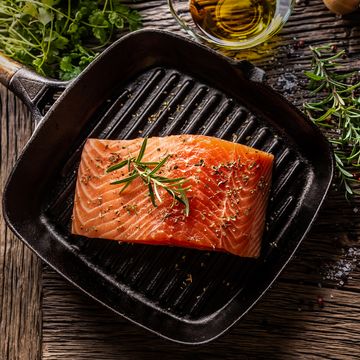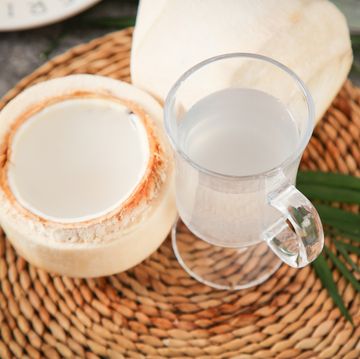7 Healthy Oils to Cook With, According to Nutritionists
Plus, five that you should avoid using with high heat.
We've been independently researching and testing products for over 120 years. If you buy through our links, we may earn a commission. Learn more about our review process.
With so many varieties of cooking oils dominating the grocery store shelves, it can get overwhelming when selecting the right oil for everyday cooking. And the complicated truth is that all cooking oils are not created equal — but understanding the basics will put you ahead of the game so you can create a deliciously perfect meal while still taking care of your body.
Some oils are best suited for sautéing, while other oils may complement certain ingredients and boost flavor. Some oils may even work better when used as a light drizzle or can serve as a base in your favorite dips and dressings. There's no need to bulk up on all the cooking oils at the store, but you might benefit from having more than one or two on hand.
Smoke point or “burning point” is one of the most important factors to consider when choosing an oil to cook with. It is defined as the temperature at which an oil stops glistening and starts to break down, losing its integrity. This is when things start to get smokey. When this happens, the taste can become unpalatable but not only that, it can lose its nutritive value and produce free radicals that are very harmful to the body. When dealing with high heat oils, Good Housekeeping Institute Kitchen Appliances Lab Director Nicole Papantoniou recommends heating your pan first, then adding your oil and then the ingredients to help prevent the oil from getting hot too quickly and potentially burning.
To avoid the smoke, it’s important to choose the right oil suitable for the different types of foods you are cooking. Below, you'll find the best healthy oils to cook with, along with those you should avoid.

Valerie Agyeman (she/her) is a women's health dietitian and the host of the Flourish Heights podcast, where she produces science-driven content covering overlooked nutrition, wellness and women’s health topics. She has over 10 years of nutrition communications, corporate wellness and clinical nutrition experience. Valerie is a trusted expert and regularly appears on networks including ABC’s Good Morning Washington, and she is a contributing expert to publications like Women’s Health, The Thirty and Shape.
Stefani (she/her) is a registered dietitian, a NASM-certified personal trainer and the director of the Good Housekeeping Institute Nutrition Lab, where she handles all nutrition-related content, testing and evaluation. She holds a bachelor’s degree in nutritional sciences from Pennsylvania State University and a master’s degree in clinical nutrition from NYU. She is also Good Housekeeping’s on-staff fitness and exercise expert. Stefani is dedicated to providing readers with evidence-based content to encourage informed food choices and healthy living. She is an avid CrossFitter and a passionate home cook who loves spending time with her big fit Greek family.
Watch Next

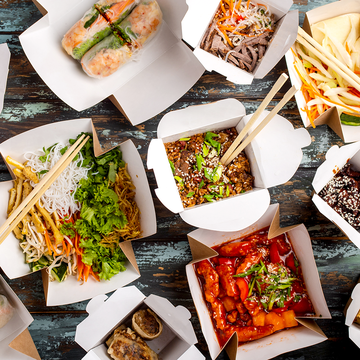
12 Healthiest Chinese Food Dishes

Our 2024 Best Snack Awards Are Here!
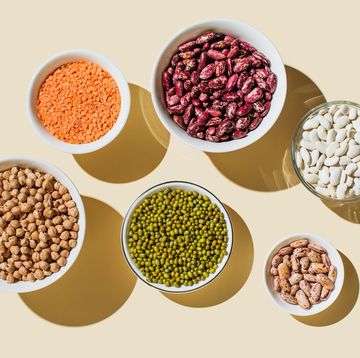
The 101 on High-Protein Vegetables

If You Have High Cholesterol, Try This Supplement














